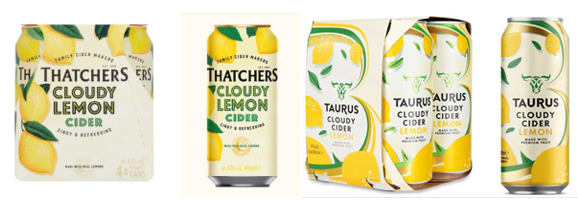Last Mile Logistics Comes to the End of the Road – Dei Gratia v Commissioner of Patents [2024] FCA 1145
In Dei Gratia Pty Ltd v Commissioner of Patents [2024] FCA 1145 (Dei Gratia), the Federal Court of Australia dismissed an appeal by Dei Gratia and confirmed the decision of the Commissioner of Patents to refuse the patent application for ‘last mile logistics’. The claimed invention purported to facilitate the delivery of goods from the last point in a distribution chain to end consumers. By selecting a preferred local outlet, customers would be able to overcome delivery issues such as the need to be at home at a specific time and the protection of perishable goods that have been left at doors in high temperatures.
Read More
